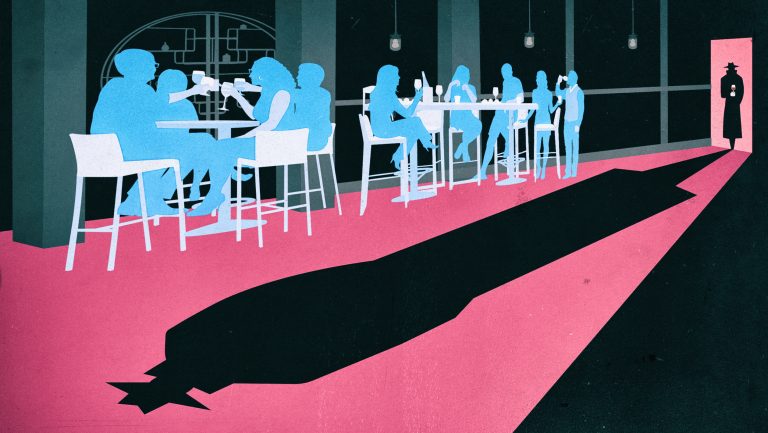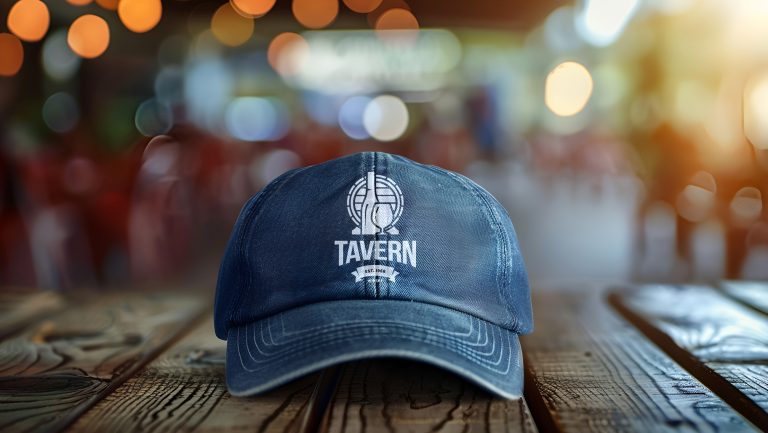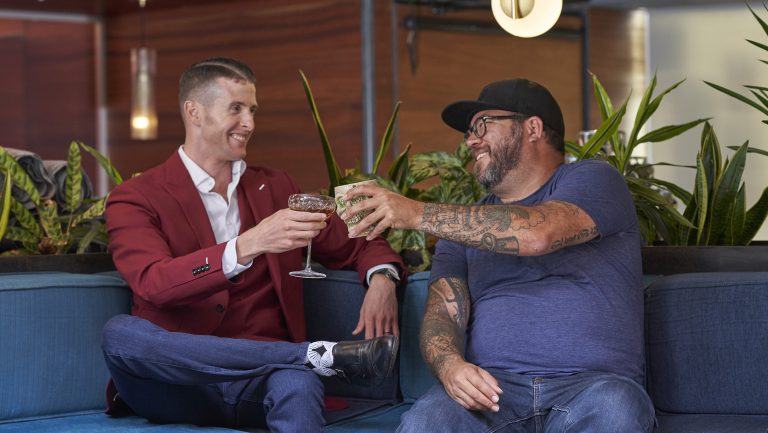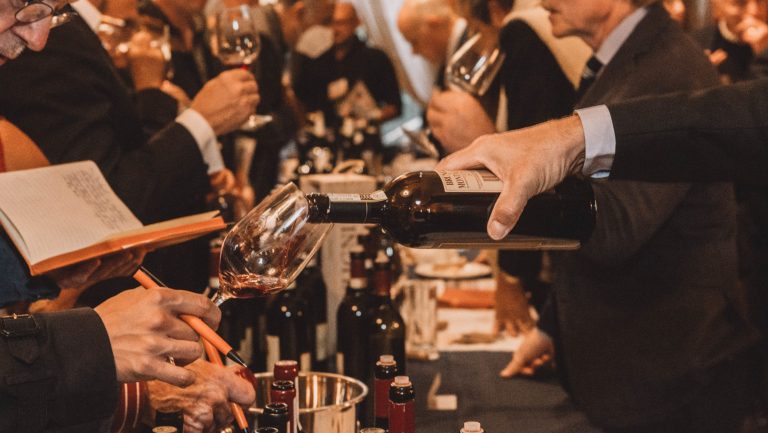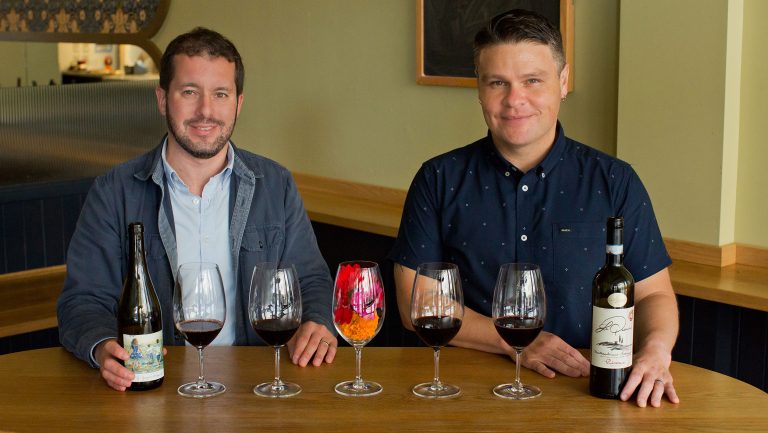In an industry that relies heavily on tourism, creating compelling visitor experiences is crucial. In California, wine tourism generates $7.2 billion a year, according to the Wine Institute, a San Francisco–based trade organization for the state’s wine industry. When tasting room visits are engaging, they tend to increase revenue. Subpar experiences, however, can hamper sales—and a winery’s reputation.
In an effort to up their game, smart players in Northern California’s wine industry are taking a page from the retail store playbook and turning to mystery shoppers to improve the visitor experiences they offer.
How It Works
A winery hires an agency like the Napa-based Wine Industry Sales Education (WISE) Academy to send mystery shopper-tasters (they both shop and taste in the winery) undercover to investigate the winery’s overall visitor experience. The shopper-tasters note how warmly guests are welcomed, how attractive they found the tasting room, and whether they enjoyed the visit and learned from the tasting experience. The winery pays WISE $500 for the mystery shopping and tasting program, plus $150 for each individual shopping and tasting expedition. The use of mystery shoppers was the focus of a panel conducted at the 2018 Direct to Consumer Wine Symposium (DTCWS), held in Concord, California, in mid-January.

Don’t miss the latest drinks industry news and insights. Sign up for our award-winning newsletters and get insider intel, resources, and trends delivered to your inbox every week.
WISE mandates that all its mystery shopper-tasters take the organization’s three-day Tasting Room Professional Certification Course, which instructs the shoppers in the art of service, understanding buying behaviors and storytelling, and how wineries set the stage for sales. Almost all WISE attendees and tasters sent into the field already work in the wine business, and their employers typically pay for the course.
The mystery shopper-tasters generally arrive at wineries in groups of two to four, which is thought to be the most effective number, according to members of the DTCWS panel. Then they proceed as regular guests to a standard tasting. During their visit, they monitor how the winery host greets and engages them, how the host shares information about the winery and specific wines, and whether the host makes an attempt to close the deal by selling them bottles or a wine club membership.
While not present at the January panel discussion, Alf Nucifora, the chairman and founder of the Luxury Marketing Council of San Francisco, a networking and promotional group comprising luxury goods producers, says he hires Luxury Council members who are knowledgeable about wine and interested in the opportunity to work as mystery shopper-tasters and audit wineries in exchange for winery passes.
A Coaching Tool
The goal of these data-gathering missions is to help wineries, of which WISE works with more than 200, sell more effectively. Jennifer Warrington, who directs business operations at WISE, explains that “mystery tasters are used as a coaching tool and not as a weapon.” It’s not about punishing those who underperform, she says, or letting go of employees who’ve had a bad day.
In addition to evaluating the welcome and the tasting experience, mystery shopper-tasters observe how swiftly visitors move through the winery. Evaluation sheets and heat maps are used to analyze wineries’ layouts and traffic flow, to pinpoint areas where wineries are performing well, identify problems, and ultimately, better train and incentivize staff.
The mystery shopper-tasters interviewed for this article were reluctant to share exact percentages of sales growth that wineries see after retaining their services, but Warrington points out that the wineries WISE works with “do see an increase in conversion rates for wine sales, club sign-ups, and data capture, in general.”
Lesley Berglund, the cofounder and chairman of WISE, says that the mystery shopper programs “give us insights … [and] feedback on [the] guest experience.” At the DTCWS seminar, Berglund noted that the programs also supply criteria for data capture, evaluations of staff performance, the navigability of the tasting and shopping space, and whether the brand’s story is being communicated clearly.
A Winery Incentive
Smart producers have long benefited from the insightful feedback they get from trained consumers. Some of the most forward-thinking among them have personally seen the benefits of hiring agencies to inspect their wine-tasting rooms and provide feedback regularly.
Alice Hunter, the hospitality manager at Marimar Estate in Sebastopol, says her winery uses mystery shopper-tasters from the VingDirect agency several times a month. “Having had mystery tasters come in, we learned how to improve the [service] process and customer service,” she says. She adds that feedback from the shoppers helped her company reevaluate how the tasting room was designed and how to execute tastings with different visitors.
Other wineries that have studied their customer flow have learned that the experience of arriving at the winery should be easy and fun, reception should be warm, and customers should be offered a range of tasting experiences that vary by length, types of wines tasted, and cost.
At Far Niente winery in Oakville, the mystery shopping-tasting program is used to evaluate guest experience, says Mary Grace, the winery’s vice president of marketing and communications. She explains that for wineries like Far Niente that have been around for quite a while, there is “a plethora of really engaging stories to tell.” The feedback from mystery shopper-tasters allows her staff to better engage with guests and hone the messaging that focuses on the winery’s unique history and wines to help build a relationship with them.
The Shopping and Tasting Experience
Mystery shopper-tasters come from a number of backgrounds, according to the DTCWS panel. Some—though not all—are in the wine business, but nearly all have a keen interest in wine. They also enjoy perks, said the panel, like taking home free bottles of wine they’re “obliged” to purchase should they be asked to join wine clubs.
Anonymity is essential, says Nucifora. Mystery shopper-tasters shouldn’t receive any type of special treatment at the winery. He recently provided an audit of 45 wineries with Luxury Council members for a California AVA that he declined to identify. He adds that part of the challenge for wineries in creating a compelling tasting room experience is that first-time winery visitors don’t know what to expect, so hosts—and the winery visits—must inspire and satisfy that lack of expectation.
At WISE, the most frequently used 50 tasters have a standard list of 80 questions that they respond to after a winery visit. WISE staff members also help focus the visits by asking their client wineries beforehand how they would like to grow and change their tasting room experience over the long term.
The Results
These expeditions have been especially valuable to Marimar, says Hunter. She explains that the tasting room at the winery was transformed from an awkward office into a sleek, customer-friendly space as a result. Clutter is gone, and abundant tasting space is now available at the bar. The Spanish-owned winery had also received some troublesome feedback on its wine and tapas tasting, and only after the mystery shopper-tasters entered the picture did it become apparent that corners had been cut on cheese sourcing, which was detracting from the tasting experience. According to Hunter, the changes that were made because of the mystery shoppers’ insight led to a 2 percent rise in Marimar’s wine club conversion rate.
Nucifora notes that most visitors who come to wine country are seeking experiences that go behind the scenes—they want to be brought into a genuine conversation about wine. Ultimately, he says, they want their senses engaged.
While the responsibility for that rests with the winery, a little insight from the outside can be valuable. Determining how to better train staff or adjust a tasting room layout, or getting a better understanding of what type of experiences are the most popular with guests, can be a lot easier with feedback from anonymous mystery shoppers and tasters.

Dispatch
Sign up for our award-winning newsletter
Don’t miss the latest drinks industry news and insights—delivered to your inbox every week.
Liza B. Zimmerman has been writing, educating, and consulting about wine and food for more than two decades. She is principal of the San Francisco–based Liza the Wine Chick consulting firm and regularly contributes to publications such as Wine Searcher, Wine Business Monthly, Decanter, and Wine Business International. She has also worked almost every angle of the wine and food business, from server and consultant to positions in distribution, education, and sales. She has visited all the world’s major wine-growing and spirits-producing regions—50-plus countries and counting—and holds the Diploma in Wine & Spirits (DWS). For more information see lizathewinechick.com.

